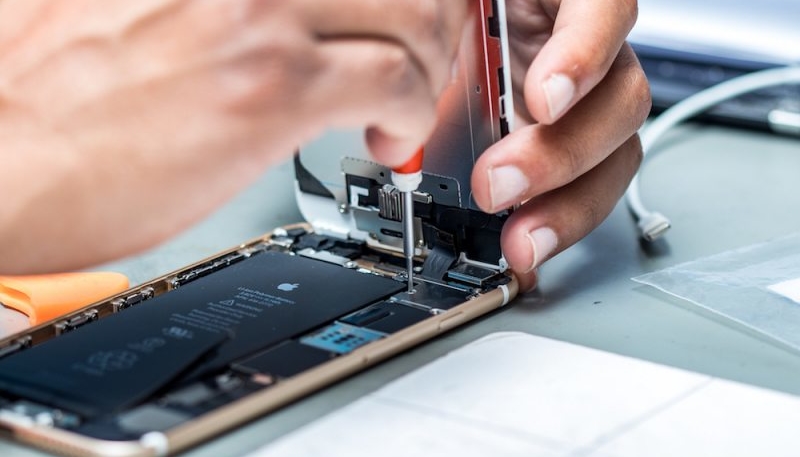Right to Repair advocates continue to push for large electronics companies like Apple to make repair parts and documentation available to independent shops and customers directly.
In testimony before the U.S. House Judiciary Subcommittee on Antitrust, Commercial and Administrative Law last month, Nathan Proctor of the non-profit U.S. Public Interest Research Group told the assembled that “repair hurts sales,” giving Apple “an incentive to restrict repair of their devices.”
Meanwhile, the Repair Association’s executive director Gay Gordon-Byrne wrote in a letter submitted to the subcommittee last month, referred to the “monopolization of repair” as a “huge profit opportunity.” He wrote that “manufacturers have no reasons for blocking repair other than money”
While “Right to Repair” legislation has continued to be introduced in multiple U.S. states – in March, California became the 20th state to introduce such legislation, although it was later pulled from consideration – Apple continues to oppose these bills. If they become law, such bills would require tech companies to make available to the public documentation, parts, and tools to facilitate third-party repairs.
Apple says their aim in opposing bills like the one in California is to “make sure our customers always have confidence their products will be repaired safely and correctly.” An Apple spokesperson told Axios:
We want to make sure our customers always have confidence their products will be repaired safely and correctly, and in a way that supports recycling. We are continually growing our network of certified technicians and most recently announced that any Best Buy store in the U.S. is now an authorized service provider.
Only Apple’s “geniuses” and Apple Authorized Service Providers have access to Apple certified parts and service guidelines. Over 1,800 such authorized locations are available in the United States, including every Best Buy store in the country.


